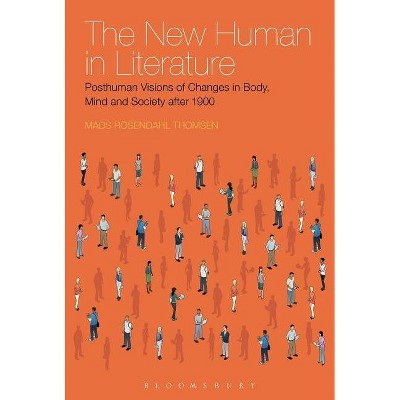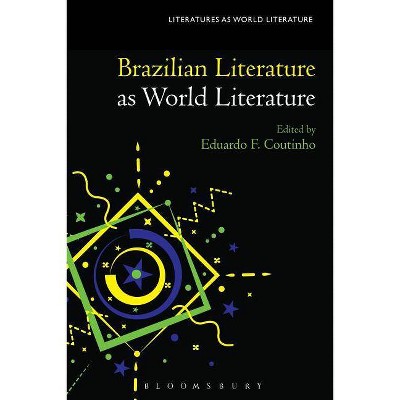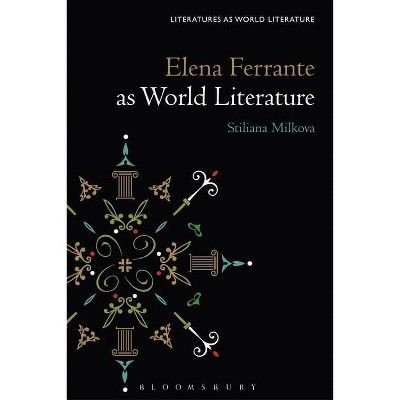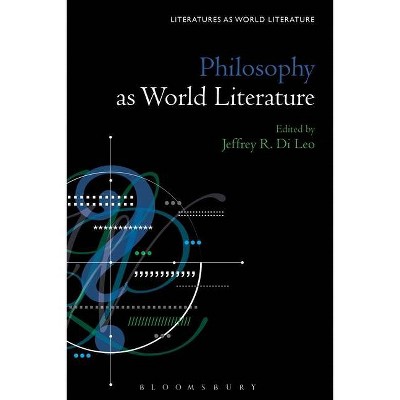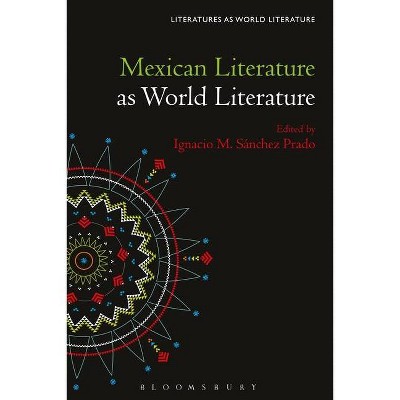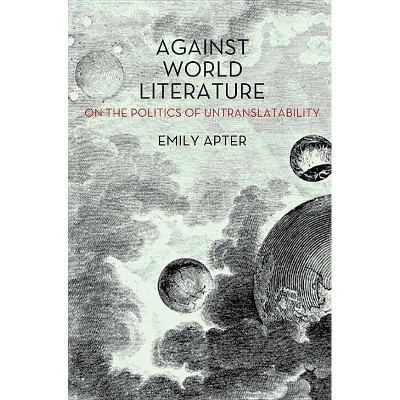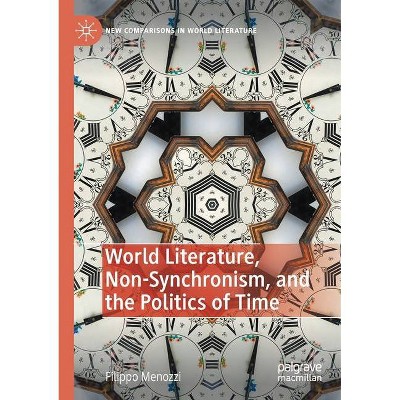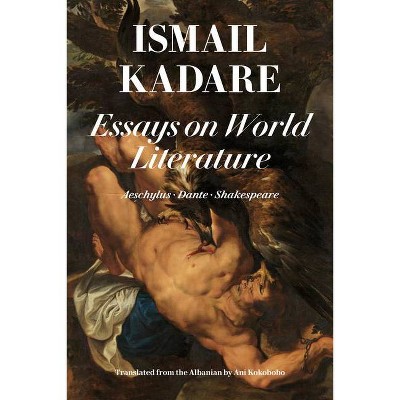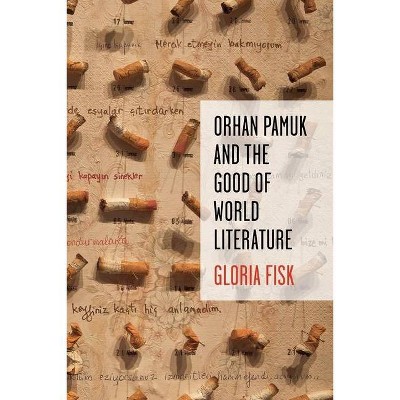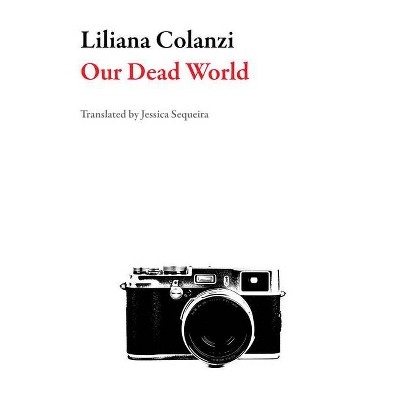Danish Literature as World Literature - (Literatures as World Literature) by Mads Rosendahl Thomsen & Dan Ringgaard (Paperback)
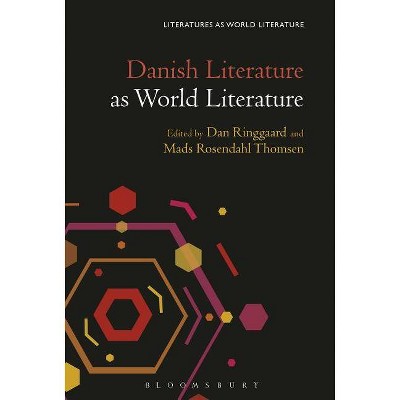
Similar Products
Products of same category from the store
AllProduct info
<p/><br></br><p><b> Book Synopsis </b></p></br></br>Despite being a minor language, Danish literature is one of the world's most actively translated, and the Scandinavian country is the home of a number of significant writers. Hans Christian Andersen remains one of the most translated authors in the world, philosopher Søren Kierkegaard inspired modern Existentialism, Karen Blixen chronicled her life in colonial Kenya as well as writing imaginary, cosmopolitan tales, and the writers among the circles of literary critic Georg Brandes in the late 19th century were especially important to the further development of European Modernism. <br/><br/><i>Danish Literature as World Literature</i> introduces key figures from 800 years of Danish literature and their impact on world literature. It includes chapters devoted to post-1945 literature on beat and systemic poetry as well as the Scandinavia noir vogue that includes both crime fiction and cinema and is enjoying worldwide popularity.<p/><br></br><p><b> Review Quotes </b></p></br></br><br>A well-written and excellently researched volume, which grants nuanced insights into canonical Danish literature, making a fascinating read for students and scholars alike.<br/>Modern Language Review<br><br>Each of the ten essays in this collection centers on one or more Danish authors or subgenres. The contributors are prominent Danish literary scholars, and the volume can be read as a greatest hits of Danish literary history. Because the volume is part of the 'Literatures as World Literature' series, the primary intent is to examine the ways in which Danish literature reacts to and interacts with the world. Most of the arguments are compelling and clearly written, and there is a welcome underlying discussion about what 'world literature' even means. Noteworthy are discussions of whether Saxo's 13th-century<i> History of the Danes</i> is Danish or world literature, the attraction of Danish ballads outside Denmark, Ludvig Holberg as a 'world citizen' or as a Dane seeking to engage the world, and Hans Christian Andersen's avid traveling and how his articulation of the local and the global within the same work contributed to his unparalleled global success. The essay on Karen Blixen reverses a bit by exploring why as a prominent global author she is also uncontested in the Danish canon. A welcome addition to the literature on Scandinavianism. Summing Up: Recommended.<br/>CHOICE<br><br>This is an impressive collection of articles on Danish literature of a very high scholarly quality, and a must for everyone interest in Danish literary history, whether they live, teach or study in Denmark or abroad. The authors are all leading experts in the their field, the book is very well written ... It should be on everyone's bookshelves.<br/>Scandinavica<br><p/><br></br><p><b> About the Author </b></p></br></br><p><b>Mads Rosendahl Thomsen</b> is Professor with Special Responsibilities in Comparative Literature at Aarhus University, Denmark. He is the author of <i>Mapping World Literature: International Canonization and Transnational Literature </i>(2008), <i>The New Human in Literature: Posthuman Visions of Changes in Body, Mind and Society </i>(2013), and the editor of several volumes, including <i>World Literature: A Reader</i> (2012) and <i>The Posthuman Condition: Ethics, Aesthetics and Politics of Biotechnological Challenges</i> (2012). He is a member of the Academia Europaea and an advisory board member of the Institute for World Literature. <p/><b>Dan Ringgaard</b> is Professor in Scandinavian Literature at Aarhus University, Denmark.</p>
Price History
Price Archive shows prices from various stores, lets you see history and find the cheapest. There is no actual sale on the website. For all support, inquiry and suggestion messagescommunication@pricearchive.us
